Plants or Crops
All Plants or Crops Content
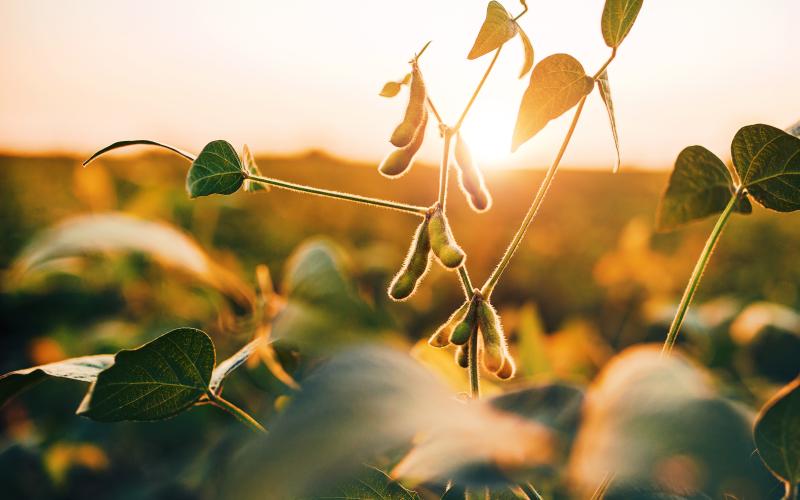
Best Management Practices for Soybean Production
This is your unbiased, research-based guide to soybean production to help increase yield, reduce input costs and protect your investment.

Best Management Practices for Soybean Production
This is your unbiased, research-based guide to soybean production to help increase yield, reduce input costs and protect your investment.

Best Management Practices for Soybean Production
This is your unbiased, research-based guide to soybean production to help increase yield, reduce input costs and protect your investment.

Best Management Practices for Soybean Production
This is your unbiased, research-based guide to soybean production to help increase yield, reduce input costs and protect your investment.
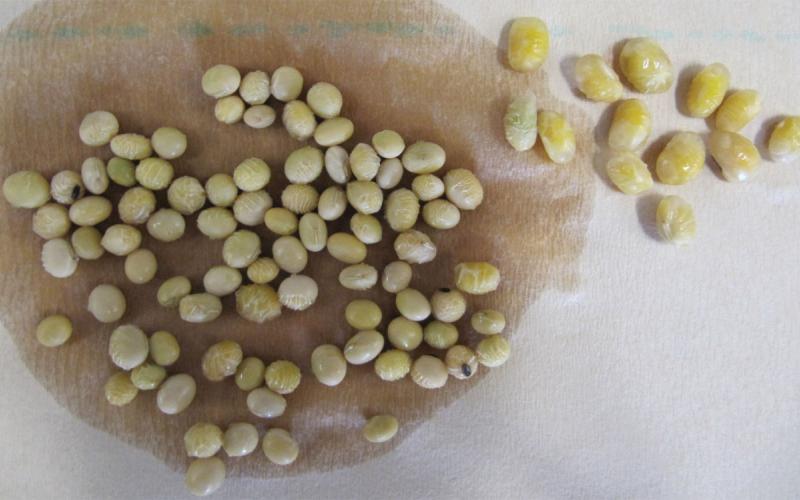
The Clorox® Soak Test
This test is used in the field to determine the percentage of soybean (Glycine max) seed damage due to combining or threshing. It is also adaptable to use in the laboratory. The test can be used for beans (Phaseolus vulgaris) and other large dicotyledonous seeds which may be injured in combining, threshing, or seed cleaning.
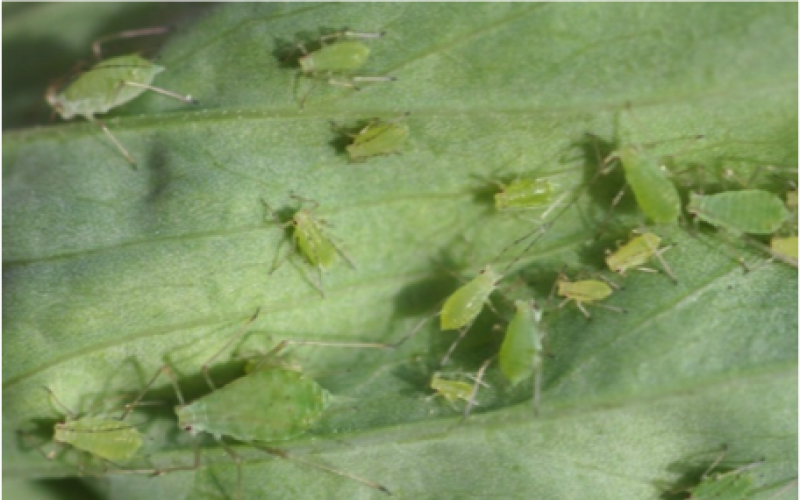
Soybean Aphids in South Dakota
Factsheet on Soybean Aphids in South Dakota

Investigation of Soybean Seed Treatment and Inoculant in Southeastern SD, 2018
Soybean seed treatment products are widely utilized by many farmers in southeastern South Dakota and the surrounding area. These products often consist of an insecticide/fungicide combination, and/or inoculant that is mixed and placed on the seed as a pre-treatment before the grower plants the crop.

Recommended Soil Sampling Methods and Instructions
Proper collection of soil samples is extremely important as the accuracy of the soil test depends on the quality of the soil sample provided to the lab.
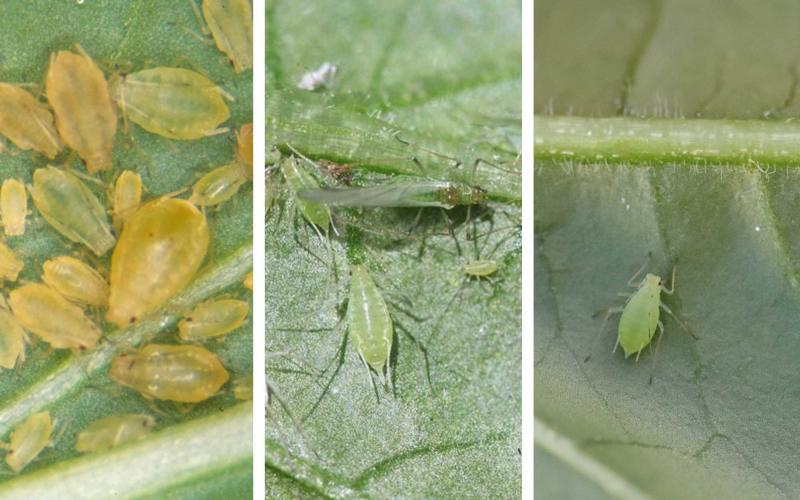
Are Your Pepper Plants Covered With Aphids?
During this time of the growing season, it is common to observe aphids on garden plants, including peppers. However, when dense aphid populations are present, they can reduce pepper yields and cause rapid plant health decline.
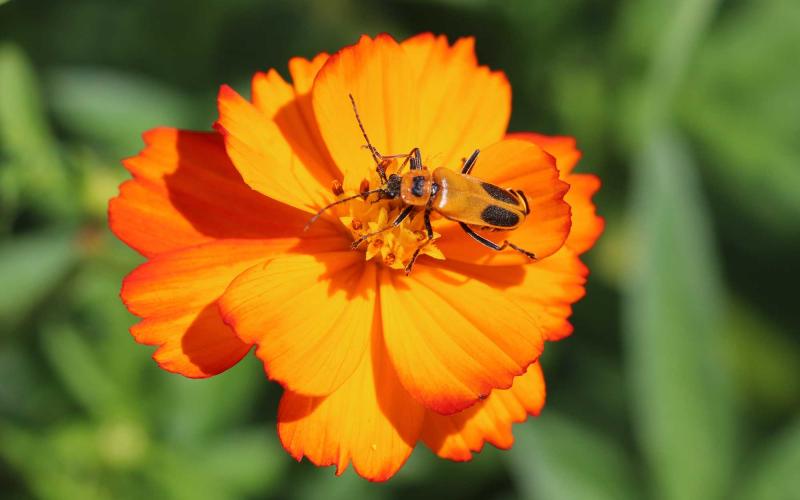
Orange Beetles Are Killing My Flowers, or Are They?
Many gardens are being invaded by orange beetles that have a strong preference for flowering plants. Rest assured, these are soldier beetles and they aren’t feeding on the flowers! Instead, they are actually predators and pollinators.